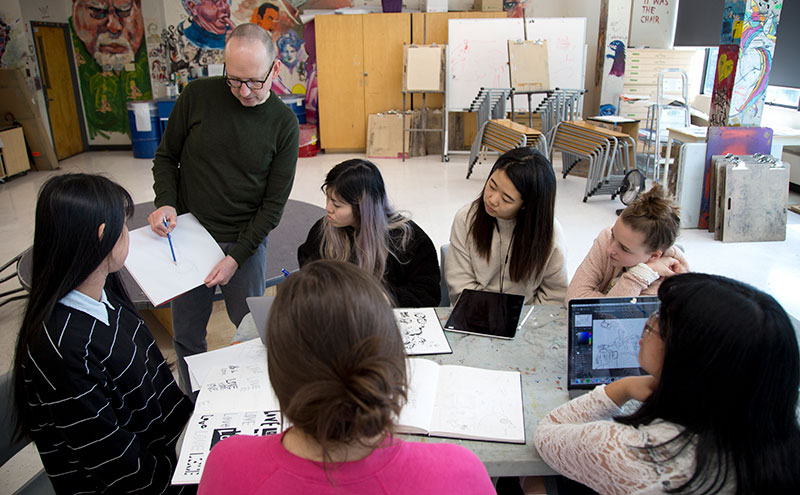Do you find yourself wondering what your students are thinking? Wondering why some struggled with the last assignment? Unsure if last week’s class activity had the impact you were hoping for?
It’s time to conduct some formative feedback for teaching development!
Formative feedback for teaching development “is an intentional, voluntary, and developmental process for instructors to initiate and through which to receive feedback from various sources about their teaching with the goal of better understanding and improving student learning” (Jeffs et al., 2018).
A primary source for this kind of feedback is your students! You can gather this feedback at any time – after a particular lesson, part way through the term, or at the end of the term. The benefit of gathering mid-term feedback is that you have time to analyse and respond to the data to make positive changes before the end of the term!
Some options for gathering feedback from your students are:
- Midterm formative feedback surveys such as “Stop, Start, Continue”
- Class representatives
- Short, end of class assessments
- Talking Circles
For support setting up a formative feedback method, contact the Educational Developers at cte@capilanou.ca or book a consultation!
References and Resources
Barkaskas, P., & Gladwin, D. (2021). Pedagogical Talking Circles: Decolonizing Education through Relational Indigenous Frameworks. Journal of Teaching and Learning, 15(1), 20–38. https://doi.org/10.22329/JTL.V15I1.6519
Collecting Formative Feedback | A Guide to Remote Teaching, Learning and Assessment | Wilfrid Laurier University. (n.d.). Retrieved October 26, 2022, from https://researchcentres.wlu.ca/teaching- and-learning/teaching/collecting-formative-feedback.html
Hoon, A., Oliver, E., Szpakowska, K., & Newton, P. (2015). Use of the ‘Stop, Start, Continue’ method is
associated with the production of constructive qualitative feedback by students in higher education. Assessment & Evaluation in Higher Education, 40(5), 755–767. https://doi.org/10.1080/02602938.2014.956282
Jeffs, C., Paris, B. and Piera, Y. (2018), CARRA: Formative feedback & teaching development. The National Teaching & Learning Forum, 27: 4-5. https://doi.org/10.1002/ntlf.30157

Recent Comments